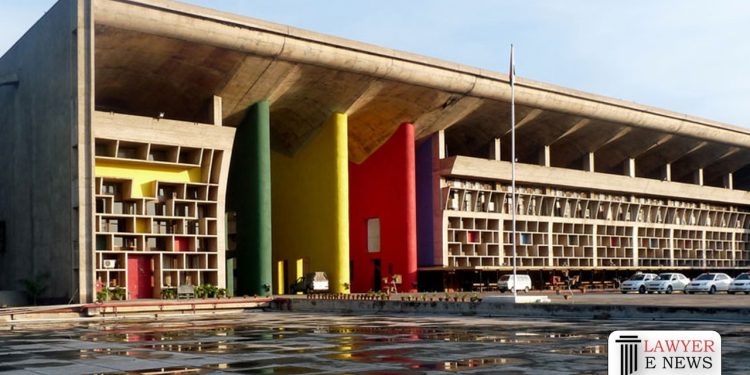P&H High Court Grants Anticipatory Bail to Husband in Obscene Video Case

Date: May 12, 2023
The Punjab and Haryana High Court, in a significant ruling, granted anticipatory bail to two petitioners in a case involving the circulation of obscene videos and objectionable photographs. The judgment was delivered by Hon’ble Mr. Justice Gurbir Singh.
The case, stemming from the same incident, involved two separate petitions filed by individuals seeking anticipatory bail under Section 438 of the Criminal Procedure Code (Cr.P.C.). The FIR was registered under Sections 67 and 67-A of the Information Technology Act, 2000, at Police Station Division No.3, Ludhiana.
According to the complainant, she received distressing calls and messages on her mobile phone containing the explicit material. The complainant discovered that her husband, one of the petitioners, had allegedly created the videos and photographs, which were later shared on her Instagram ID by the co-accused, the other petitioner. The complainant further claimed that the co-accused had resorted to threats and abusive behavior during their conversation.
It was brought to the court’s attention that a pre-registration inquiry had previously suggested the complainant’s involvement in creating the explicit video. However, the Investigating Officer altered their stance after the FIR was lodged, implicating both petitioners in the case. The petitioners vehemently denied any participation in publishing or transmitting the material.
The defense counsel argued that the petitioners were not properly served with notices under Section 41-A Cr.P.C., which requires a notice of appearance before the police. Additionally, they pointed out that the maximum sentence for the offense in question was five years, citing the landmark judgment of Arnesh Kumar vs. State of Bihar and another, delivered by the Supreme Court on July 2, 2014.
The respondent-State and the complainant’s counsel contended that custodial interrogation of the petitioners was necessary to recover the mobile phone used to send the explicit video. They further emphasized the gravity of the offense, asserting that the petitioners were not entitled to anticipatory bail.
However, the court carefully considered the arguments presented. Noting the lack of evidence regarding proper service of notices and the fact that the explicit material was not circulated among the general public, the court granted anticipatory bail to both petitioners. The court directed the petitioners to cooperate with the Investigating Officer, hand over their mobile phones, and adhere to specified conditions. The conditions included restrictions on leaving the country without prior permission, submission of passports to the Investigating Officer, and providing affidavits regarding their mobile numbers. The court warned that any violation of the bail conditions could result in the cancellation of their bail.
Date of Decision : May 12, 2023
Vaneet Sachdeva vs State of Punjab






